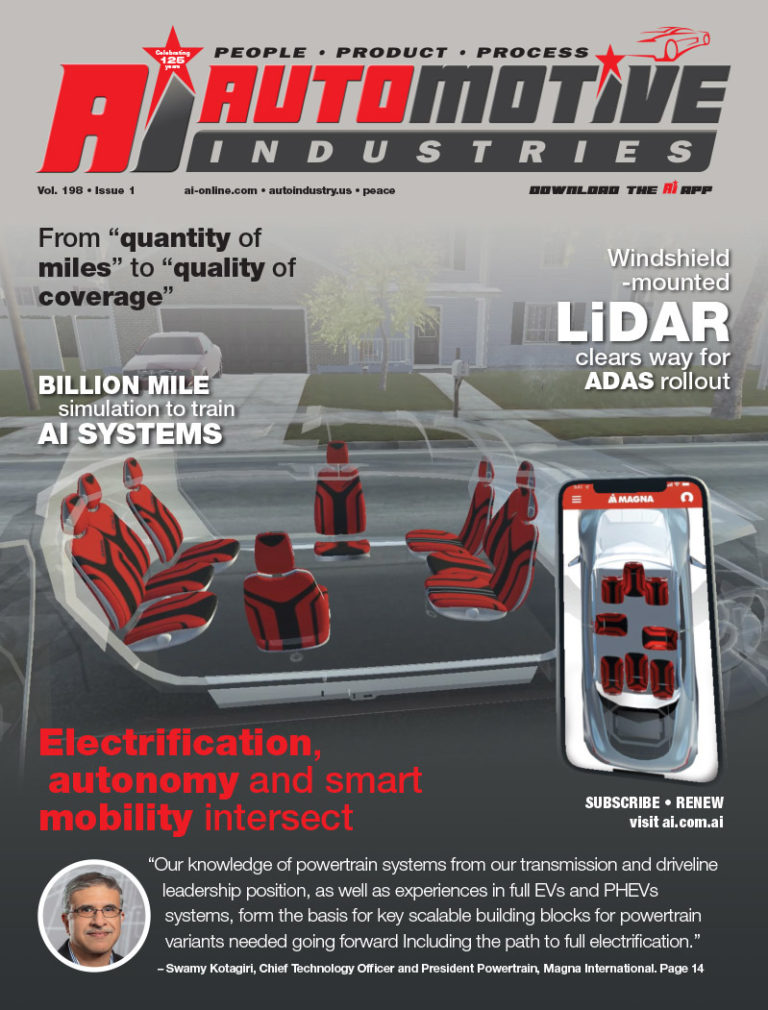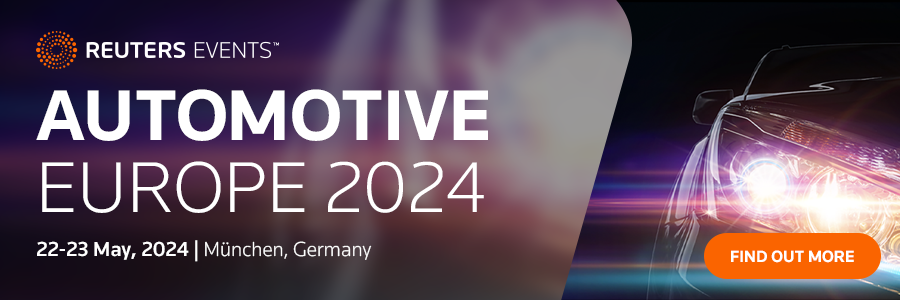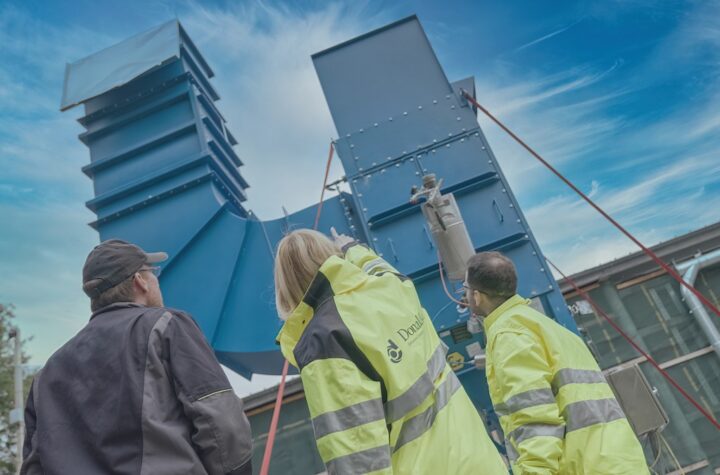Alternative fuels could bridge the transition to low-carbon road transport as electric cars remain a thing of the future, a roundtable at the European Parliament declared on the 18 November 2009.
The shift from fossil fuels to a sustainble transport model for Europe’s roads will take decades, MEP Vittorio Prodi (S&D, Italy) told policymakers and car-industry representatives.
“The increased presence of immediately available gaseous fuels such as LPG and natural gas can play an important role in this process, helping to cut CO2 and pollutant emissions today and forming a bridge towards other technologies that will emerge in the future,” he stressed
Samuele Furfari of the European Commission’s transport and energy department echoed this call, saying that transition fuels represent increasingly attractive options for the transport sector. “For too long we have been searching for a miracle solution while perhaps overlooking alternatives with the capacity to deliver immediate results,” he said.
While high-profile technologies like electric cars (see EurActiv LinksDossier) and hydrogen are expected to make transport greener in the future, they will not be available in time to help the EU reach its climate protection goals for 2020, proponents of gaseous fuels argue. They call on the EU to recognise the role that alternative fuels could play in delivering CO2 cuts in the meantime.
The industry believes that LPG could fuel as much as 10% of Europe’s passenger car fleet by 2020, slashing Europe’s carbon emissions by 350 million tonnes. Nevertheless, its current market share is only around 3%.
Paul Voss, energy and envrionment policy manager at the European LPG Association (AEGPL), pointed out that many member states are already taking advantage of gaseous fuels, but an EU-wide debate is still missing.
“The EU, in its dual role as legislator and disseminator of best practices, can play a key role in transforming these fragmented initiatives into a coherent and effective strategy,” he said.
But car industry representatives pointed out that consumers will ultimately choose a fuel based on its cost, not its environmental credentials. The success of diesel in Europe, for example, was put down to favourable tax policies.
The EU was urged to strive for long-term certainty in fiscal frameworks so that carmakers can avoid an “expensive gamble” when starting to develop motors that will only be ready in five years’ time. Moreover, incentives to compensate for the significant cost of converting a vehicle to LPG were highlighted as crucial for raising the interest of motorists.














































 Consulting4Drive Speaks at Transatlantic Climate Bridge on Critical Emission Reduction
Consulting4Drive Speaks at Transatlantic Climate Bridge on Critical Emission Reduction


